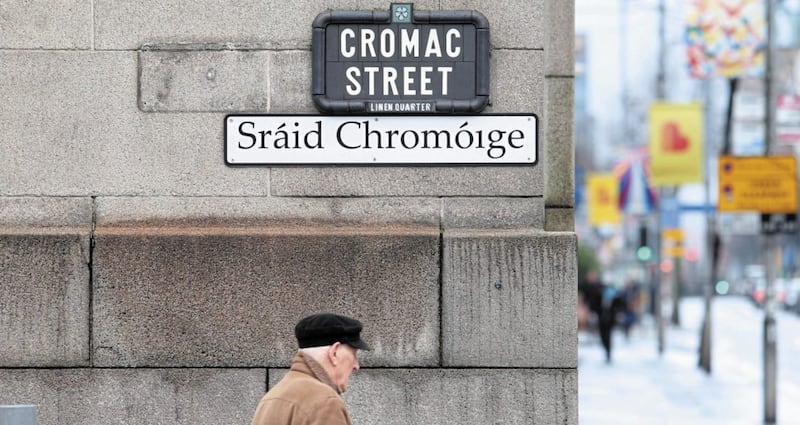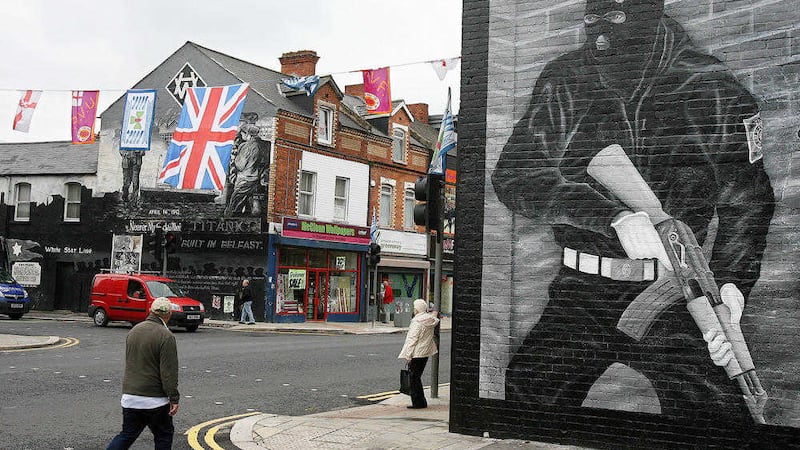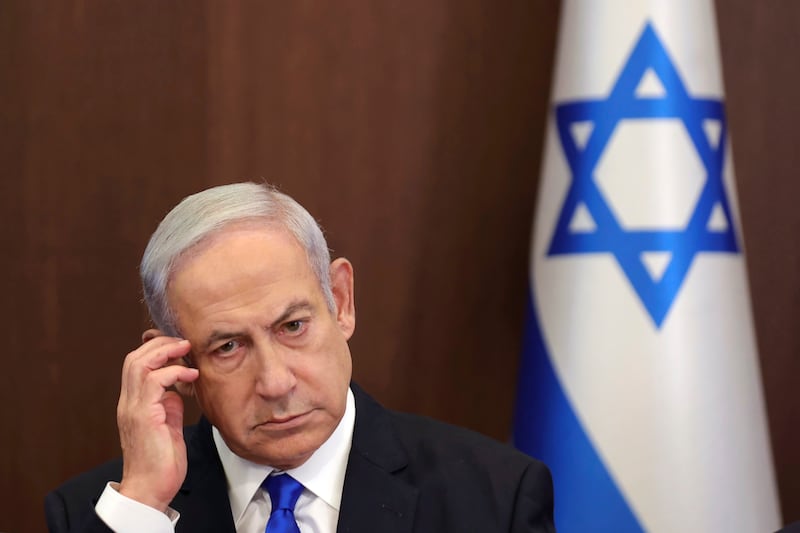I don’t pretend to know enough about politics across the border to know why exactly Sinn Féin had such a disappointing result in the local government and European elections, but it has never felt like the same party north and south.
Up here, people vote for Sinn Féin for a variety of reasons. Despite what some unionists would have you believe, it is not an endorsement of the IRA campaign of violence, since the party’s vote only increased after that ended.
And while there is a clear reluctance by senior party figures to disown what went before – as evidenced by their continuing attendance at memorials to dead combatants – most younger voters see Sinn Féin as a more full-blooded supporter of a united Ireland.
That’s debatable. For every person who believes the republican movement held the southern government’s feet to the fire, forcing them to be at least more vocal about Irish unity, there are many others who believe support for the idea was badly damaged by 30 years of violence.
In the north, Sinn Féin have built themselves into an impressive political machine which has steamrollered the SDLP out of the executive. They can also thank the negativity of their opposition, the DUP, for increasing their popularity. Crocodiles, anyone?
Michelle O’Neill is a popular figure, though one wonders why the party is so nervy about exposing her to in-depth interviews. Was her comment about there being “no alternative” to the conflict in an earlier interview seen as a mistake?

It’s a party that has sought credit for playing the most pivotal role in the peace process – again, air-brushing the SDLP’s contribution. But none of that butters any parsnips in the south, does it?
There’ll be a serious inquest held among party apparatchiks to work out what went wrong. It’s never just one thing – but a series of mis-steps by the leadership has led to some rumblings of discontent.
Michelle O’Neill is a popular figure, though one wonders why the party is so nervy about exposing her to in-depth interviews
Unlike other parties, the Shinners run a tight ship and there will be few “loose lips” sinking their vessel.
In 2020, Sinn Féin ran far too few candidates. This time round, they got too excited by favourable opinion polls and ran too many. They also panicked over the anti-immigration brigade and it wasn’t a good move to tell the electorate you’d run the last failed referendum again.
I hope their findings aren’t kept “in lodge”. They’d make interesting reading.
- Only a fool or fruitcake would write off Sinn Féin’s chances after this bad election - Tom KellyOpens in new window
- Patrick Murphy: If Sinn Féin wants change, it must start by changing itselfOpens in new window
- Brian Feeney: Was last weekend an aberration for Sinn Féin, or was 2020 the rogue result?Opens in new window
***********
Was it just me, or was that party election broadcast by the Reform Party very creepy?
It featured no script, no voice-over and no images, just a four-minute, silent display of the words “Britain is broken. Britain Needs Reform.”
It’s been described as advertising genius, but had all the hallmarks of a 1984 Big Brother-style warning.
Britain is Broken. Britain Needs Reform. 📺 pic.twitter.com/VWAqtEs1Im
— Nigel Farage (@Nigel_Farage) June 14, 2024
Nigel Farage, the leader and “beer buddy” of Ian Óg and Sammy Wilson, helpfully tweeted the ad to tell people not to worry, their TV set wasn’t broken.
But viewers might want to readjust their mindset, if they actually believe this wide boy has the answers to Britain’s many problems.
Glib statements about taking “our country back” recall the fatuous campaigning around Brexit, which apparently now has led to a widespread feeling of mistrust of politicians in general. People believed lies like the sign on the side of a bus that claimed £350m that would be saved for the NHS every week if the UK left the EU.
It didn’t matter that it wasn’t true. If it’s repeated enough, voters will fall for it. Farage has learned the lesson well.
************
A letter from Belfast City Council is asking if we want to have the Irish version of our street name added.
I’m not an Irish speaker but have no objection at all, though 15% agreement from residents seems a low bar.

But I really hope they don’t remove the old-style black tile sign from the Ormeau end of the street. The new ones look cheap and nasty by comparison.









